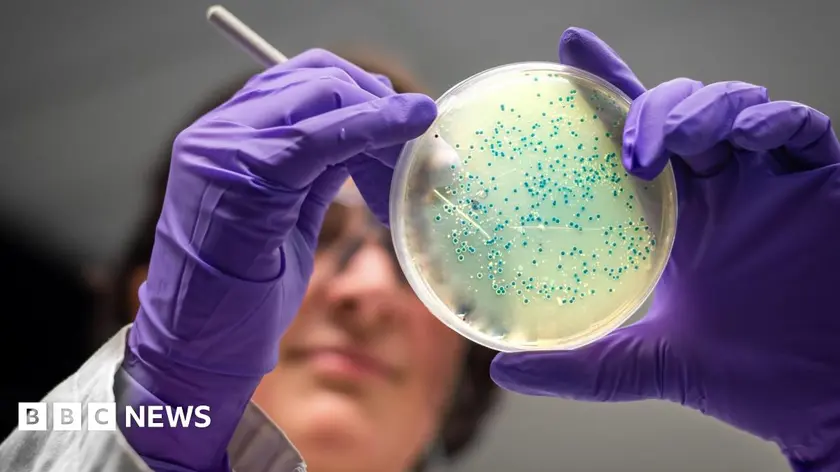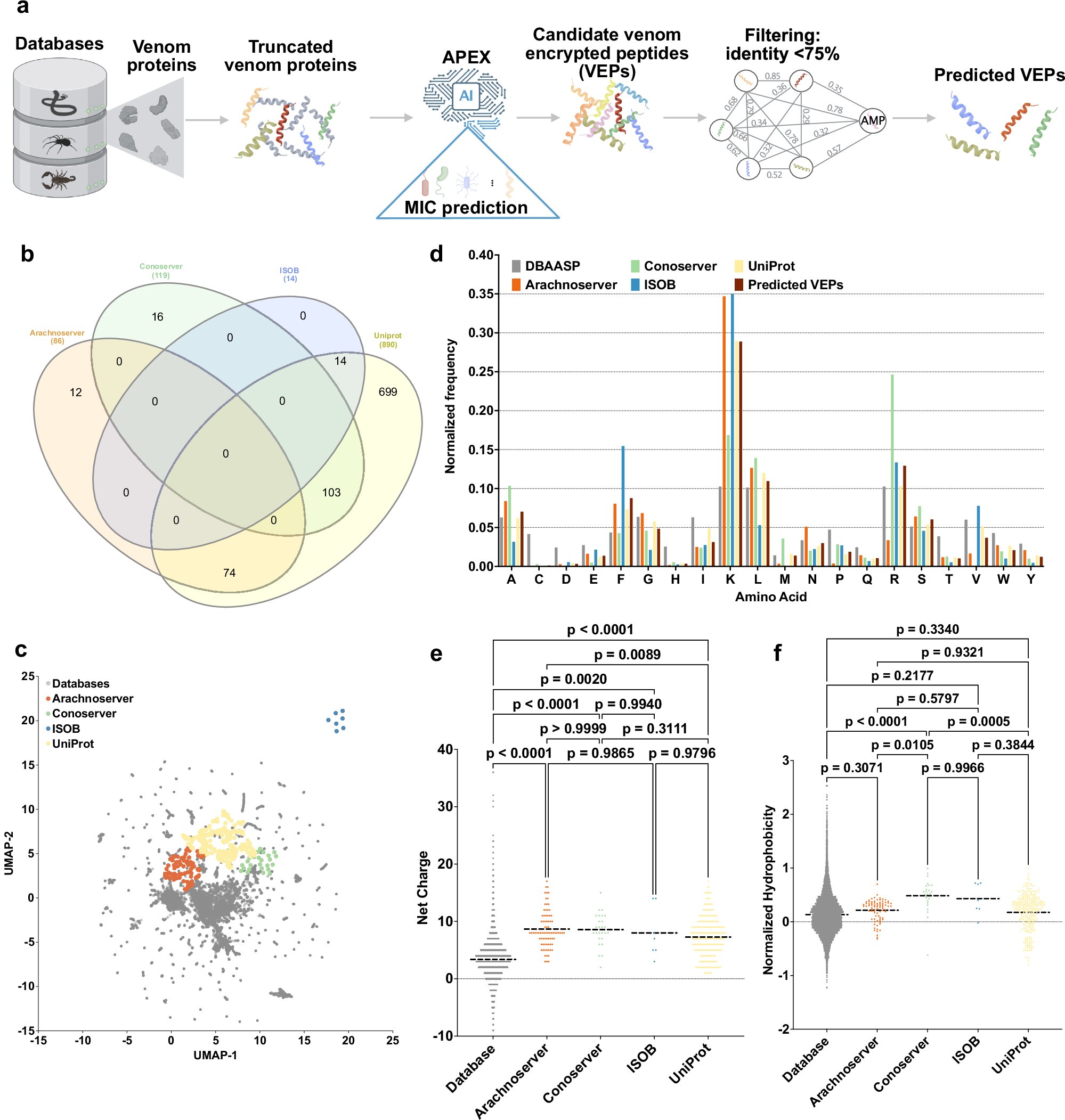T4K3.news
AI antibiotics inch forward
MIT study shows two AI designed antibiotic candidates entering preclinical testing for gonorrhoea and MRSA

AI designed two antibiotic candidates for drug resistant bacteria in an MIT study.
AI designs new superbug-killing antibiotics for gonorrhoea and MRSA
Researchers at MIT used generative AI to design antibiotics by training the program on millions of chemical structures and their effects on bacteria. They ran two design pathways: one began from fragments eight to nineteen atoms long, the other allowed AI to explore freely. The team filtered out candidates that resembled existing drugs and screened for potential toxicity in humans before moving to lab tests. After manufacturing, the leading designs were tested on bacteria and in infected mice, yielding two promising antibiotic candidates.
While the results mark a notable advance in preclinical discovery, experts urge caution. The work remains early, with questions about safety, efficacy in humans, and how such AI designed medicines would pass regulation and distribution in real world settings.
Key Takeaways
"AI is turning data into new weapons against bacteria"
Editorial remark on potential impact of AI in medicine
"Two designs advanced to lab testing"
Direct report of study results in the preclinical phase
"We must balance speed with safety and regulation"
Concerns about safety and oversight
AI can accelerate the search for new antibiotics, but speed must not outpace safety. The MIT study shows what is possible when machine learning is paired with careful filtering and robust testing, yet the road to an approved medicine is long and costly. Transparency in methods and independent verification will be essential as funding and expectations rise. The study also signals a shift in drug discovery that could change how pharma approaches resistance. If scalable, this approach might help close the gap between needing new medicines and having them ready for clinical trials. Yet hype must be tempered with realism about the scientific and regulatory hurdles ahead.
Highlights
- The lab meets the cloud in a race against resistance
- Speed in science has a new ally in AI
- We need medicines that learn as fast as bacteria
- This is early but it changes the game for antibiotics
The road from molecule to medicine is long but this marks a new direction in antibiotic research.
Enjoyed this? Let your friends know!
Related News

Samsung Galaxy Z Fold7 launched with innovative features

Galaxy Z Flip 7 review

Samsung launches Galaxy Z Flip 7 with mixed reviews

Samsung Galaxy Z Flip 7 launched with new features

Neil Young quits Facebook over AI safety concerns

Samsung Galaxy S23 remains favored smartphone model

New antibiotic candidates found in snake and spider venom

AI identifies new antibiotics from venoms
